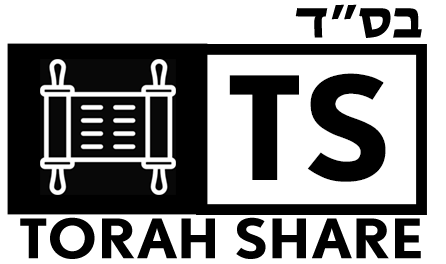Rabbi David Kaplan – Three sins are sourced in the original sin of Adam and Eve – Desire, Jealousy, and Kavod. These three show themselves both to repeat and to repent/tikun (fix) from throughout Jewish history. During the time of the flood of Noah and the tower of Babel they repeat. During the time of the three Avot (Avraham, Yitzhak, and Yaakov) and the giving of the Torah on Mount Sinai they fix. This weeks parasha reveals the parts for the construction of the Mishkan (the Temple in desert) which fixes by manifesting the parts (the physical) into and representing the spiritual. This fixes and helps bring tikun to fix those three sins that make up the original sin of Man. Shabbat Shalom!
If you are interested in more videos from this Rabbi please visit his YouTube Channel: https://www.youtube.com/@OhrSomayach
If you are interested in receiving these Torah-Share.com posts via email please subscribe here: https://torah-share.com/subscribe/
